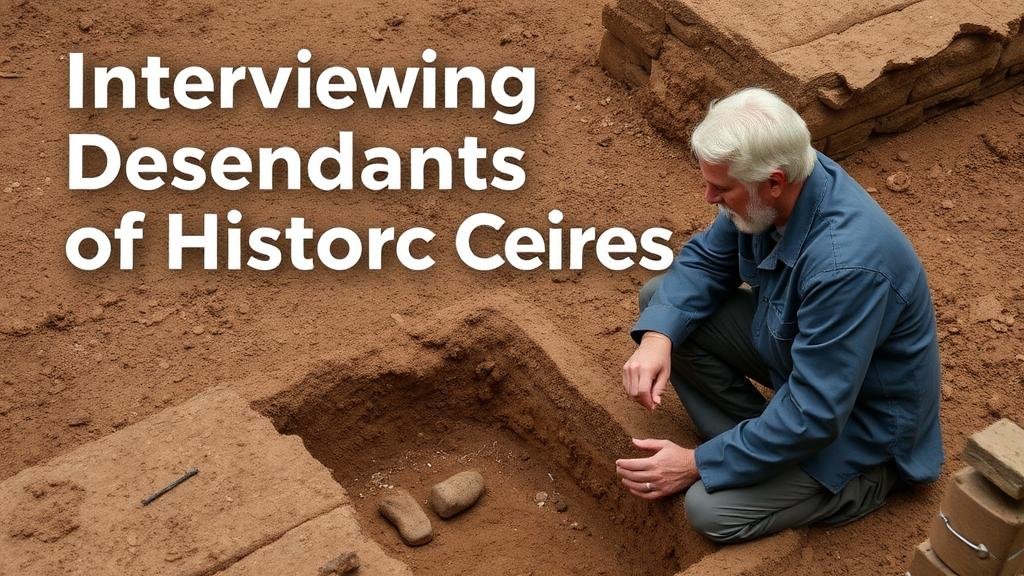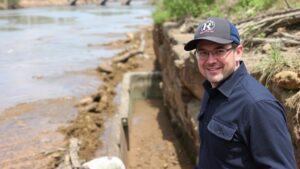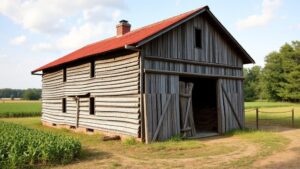Interviewing Descendants of Historic Figures for Clues to Buried Artifacts
Interviewing Descendants of Historic Figures for Clues to Buried Artifacts
In the realm of archaeology and historical research, interviewing descendants of historic figures can unveil a plethora of insights that are vital for locating buried artifacts. This method not only provides anecdotal evidence but may also lead to the discovery of important historical records that could otherwise remain hidden. This article will explore the methodologies, potential benefits, and real-world implications of conducting interviews with descendants of significant individuals in history.
The Importance of Oral Histories
Oral histories serve as a crucial complement to traditional archaeological techniques. provide an invaluable narrative perspective that can enrich the physical evidence gathered from a site. For example, interviews with descendants of Revolutionary War figures have yielded various anecdotes regarding potential locations of artifacts that had been previously forgotten or overlooked. A well-documented case is the search for artifacts related to the life of George Washington, where interviews have indicated possible locations for buried personal items on estates.
Methodology
The process of interviewing descendants involves systematic planning and execution. Key steps include:
- Identification: Finding descendants of the historic figures who left a notable mark on history.
- Outreach: Establishing contact through genealogical databases, historical societies, and family trusts.
- Interview Design: Creating a structured format that allows for open-ended responses while guiding the conversation toward relevant topics.
- Documentation: Recording interviews with the appropriate consent to ensure accuracy and allow for further analysis.
Case Studies
Several significant case studies illustrate the effectiveness of interviewing descendants in finding buried artifacts. One such example is the excavation at the site of the Massachusetts home of Revolutionary War hero Paul Revere. Interviews with Revere’s descendants revealed stories of a hidden cache of military gear that led to the successful recovery of period-specific artifacts dating back to the 18th century.
Another notable instance involved the descendants of Lewis and Clark. Oral histories shared among their family members suggested hidden journals and navigational tools from their historic expedition. These leads resulted in archaeological digs at various locations along the Missouri River, yielding artifacts that provide essential data on early American exploration.
Challenges and Considerations
Despite the numerous advantages of this method, challenges persist. Reliability of memories can vary significantly over generations. Consideration must also be given to:
- Bias: Personal anecdotes may be influenced by family lore rather than factual accuracy.
- Accessibility: Not all descendants are willing or able to share information, often due to privacy concerns.
- Verification: Cross-referencing claims made during interviews with historical documents and archaeological evidence is imperative.
Real-World Applications
The implications of such interviews extend beyond mere artifact recovery. They shape our understanding of cultural heritage and historical narratives. For example, insights gained through interviews with descendants of Native American tribes regarding buried artifacts on their ancestral lands have led to collaborative archaeological efforts that respect and reflect indigenous histories.
Also, as the demographic landscape changes, these methods can foster intergenerational dialogue and enhance community engagement in preserving local history, encouraging individuals to contribute to scholarly work that might influence public policy regarding heritage sites.
Conclusion
Interviewing descendants of historic figures represents a promising avenue of research that bridges the gap between history and archaeology. While challenges exist, the potential for discovering buried artifacts and enriching historical narratives is significant. Future interdisciplinary collaborations with historians, archaeologists, and descendant communities will not only further academic pursuits but also foster a holistic approach to understanding our shared past.
Actionable Takeaways
- Encourage local historical societies to organize oral history projects that engage descendants in historical research.
- Develop training workshops for archaeologists on interviewing techniques to maximize the effectiveness of descendant outreach.
- Establish protocols for documentation and verification of oral histories to ensure accurate and respectful dissemination of information.



